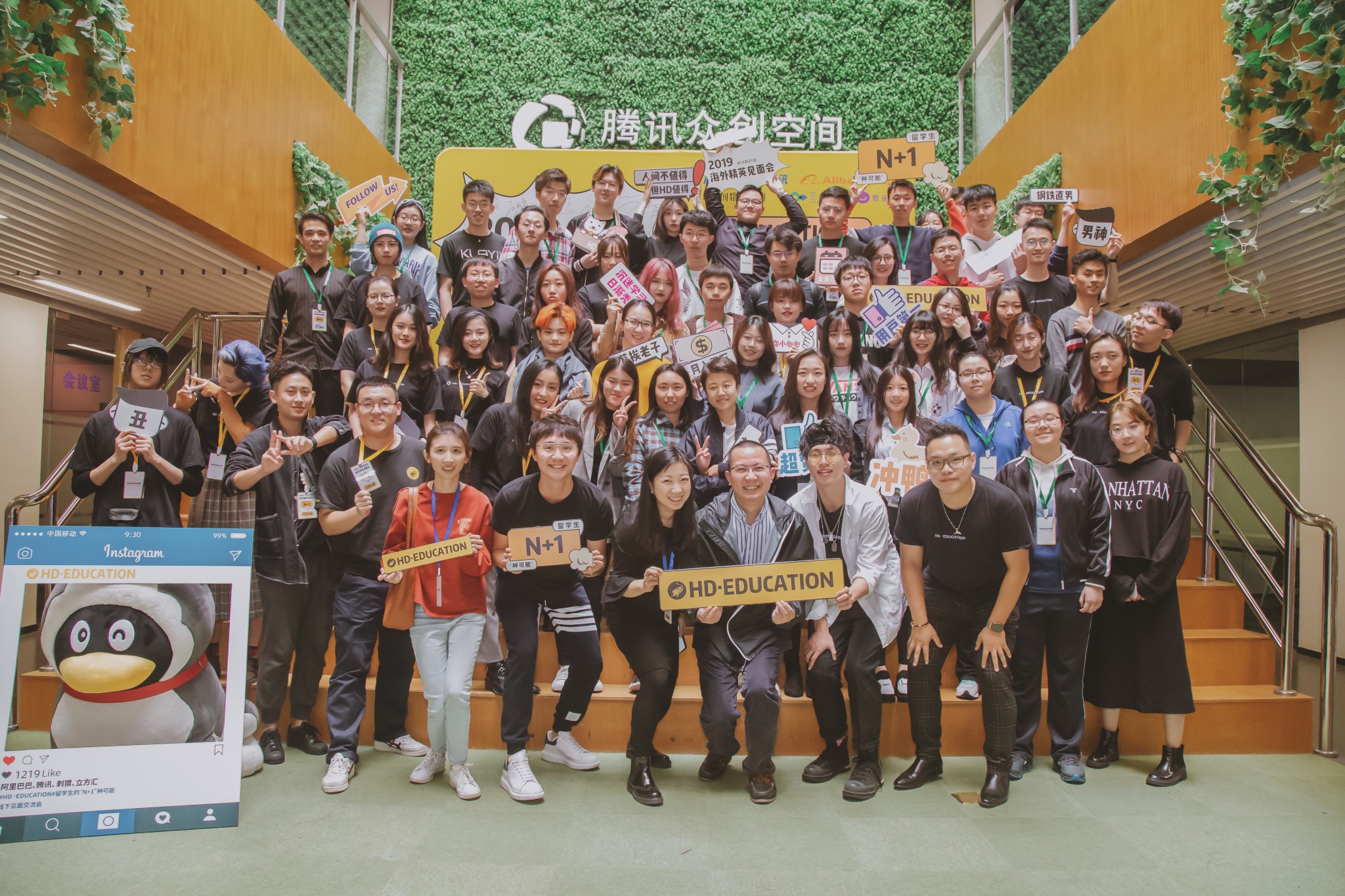Online education is one of the business sectors that have benefited tremendously from the Covid-19 pandemic as social restrictions and economic disruptions accelerated technology adoption. For example, Coursera, an open online course provider based in Mountain View, California, saw the number of its new subscribers jump more than threefold last year in the wake of the health crisis. The company is expected to be worth about US$4 billion following an initial public offering this week.
This provides a favourable environment for the growing number of startups in the online education space. “Overall, we see the pandemic as a chance to quickly expand our business, and we are still benefiting from this momentum until now,” Way Wang, founder and chief executive officer of online tutoring startup HD Education, tells The Asset in an interview.
Wang recalls that during the first half of last year, their business was impacted by the suspension of classes in many overseas universities hosting Chinese students. “At the beginning of the pandemic, overseas universities and colleges did not have the infrastructure to offer online teaching or examinations, and that is why many of them just suspended the classes which impacted our business,” he notes.
During that time HD Education focused on internal improvements such as enhancing their business model and brand influence. “The second half of last year offers a margin of opportunity for our business, as most of the universities and colleges have resumed the classes through online teaching and examining channels,” Wang says.
In China, the online education sector has been attracting the attention of investors over the past couple of years. In 2020, as the pandemic raised the demand for online businesses, investment in the sector reached a record high of 53.93 billion yuan (US$8.25 billion), up 267.37% from the previous year, according to the research from 100ec.cn, a Chinese search engine on the digital economy.

Way Wang (left) and Zac Xu, COO of HD Education brief the team at their headquarters
Top players
But the funding has been shifting to the top players in the online education sector. The number of deals dropped to 111 in 2020, from 154 in the previous year, and the top four fundings in terms of deal size went to two major K12 online teaching platforms, Yuanfudao and Zuoyebang.
This might create a tighter funding environment for smaller companies and startups. Wang notes, however, that HD Education’s funding activities have so far been smooth and successful.
He thinks the current market situation indicates that investors are becoming more rational. “This is a healthy thing, particularly to the market,” he says, adding that companies in the online education sector should think about their core value and contribution to society.
“A company should have a healthy and stable cash flow, and continuously generate value to its users. Those who can prove that their companies are generating values will be more easily picked up by the investors, especially under a more rational funding environment,” Wang explains.
The roots of HD Education emerged in New South Wales, Australia when he was a student at Sydney University. It started as a tutoring club among Chinese and other overseas students as he noticed a strong need for tutoring, especially during the exam season.

HD Education spent almost two years at Tencent's incubator
Tencent incubator
When Chinese tech giant Tencent came over for campus recruitment in Sydney, Wang was able to recommend about 700 candidates within two weeks based on the data and information collected from his tutoring club.
“This caught the eye of Tencent, and they invited us to enter a startup contest in Shenzhen. After winning first place among the internet startups, Tencent offered us to move to their incubator,” says Wang. So he and the other two co-founders officially launched HD Education in 2018 after they graduated.
Based in Shenzhen, HD Education provides online tutoring, with a focus on Chinese students studying overseas. With more than 3,000 tutors servicing 300,000 students, the company now covers around 40 universities and colleges in countries such as Australia, New Zealand, the United States, and the United Kingdom.
As a member of Tencent's incubator programme, HD Education has experienced high-speed growth. In the same year it was founded, the startup received an angel funding round of more than one million yuan (US$153,000). And today, they have announced their pre-funding of more than 10 million yuan from K2VC. “In China, we are the top player in the sector of online tutoring for overseas education, either in terms of funding size or market share,” Wang notes.
He goes on to explain the thinking behind a startup’s funding activities. “It is important for a startup to be crystal clear about what you expect from the funding and the investors. The focus can change in different funding phases. At the very beginning, getting a sufficient amount of funds might be crucial. Later on, the support and endorsement from investors become major, especially for a startup in the education sector. In the longer term, investors’ understanding of the sector, the networking resources they can bring in, and whether their investment portfolio can benefit our business might become more important.”
Young team
Going forward, Wang is looking beyond revenue growth and business expansion. “Chinese companies and startups, with experiences and lessons from the fierce competition environment in the home country, will be very competitive when tapping the international market, as long as they do the localization well,” he says,
“I noticed that overseas companies are doing a better job in terms of user insights, an area for Chinese companies to further enhance,” Wang comments, while noting that overseas startups may also learn a few lessons from China's successful cases.
Wang is obviously delighted that his company is based in Shenzhen, a city of youthful exuberance and innovation, “We have a young team here,” Wang says as he gives The Asset a tour of their office. “The average age of our employees is 25. And we designed the office by ourselves from scratch."
So is his company. “Entrepreneurs in this era need to have a global vision the first day they launch a business. I think this should the core of startups nowadays,” he says.









